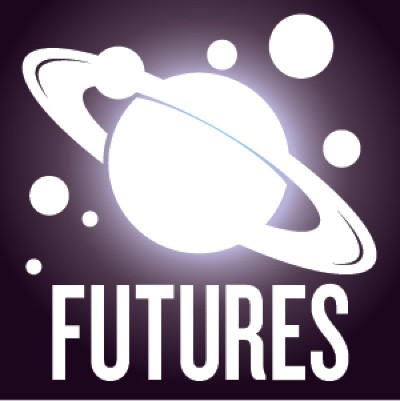[ad_1]
“What was the inspiration behind the app?” Saul asked, his fingers tapping at the air as he opened data files and new channels for their event.
“All of this,” Miho said. She looked up towards the fluorescent blaze of train lines and sky-cars, their holograms obscuring the view of the sky. Behind them, she could see only a few streaks of maroon-coloured cloud, a flock of birds on its way to somewhere else.
Anywhere but here.
“This doesn’t belong to us anymore. It’s out of our control,” Miho said.
“‘That’s not true. The AIs work for us,’ user Lufi95 says.”
“But who runs the AIs? Most of us are content to live our lives in virtual space, but what have we lost in the process?”
“‘We’ve gained more than we’ve lost,’ Arc97 says.”
“OK. Let me ask you this: have heterogeneous communities grown since the advent of AR? I don’t think so. Most of us are running on the hamster wheels of our own provincial beliefs about the world.”
Saul tapped his fingers at the air and scanned the replies, aligning them in the SNS feeds with a blink. “Charybdis 71 says ‘We have the freedom to choose the world we want to live in, and we won’t be alone there. On the other hand, you will be’.”
Read more science fiction from Nature Futures
“I won’t be alone. I’ll just be among a minority that wants to celebrate the world, with all its confrontations and hard truths. I want to be among those who are willing to accept the differences between us. I want to see the world as it is, beyond the catered realities of our algorithms.”
Saul nodded, his fingers running down through the responses again. They passed a few parklets and modified cherry trees that seemed frail and defeated beneath the blazing neon of neighbouring buildings. The newly built towers of the square crowded into the scene, as if jealous of whatever was offered there. How easy it was to forget that there was a world beyond it, that this was just a tiny fragment of a city on an island in the Pacific.
“Cthulu88 asks, ‘Aren’t you the one denying reality if you’re choosing to be outside of the consensus?’”
“Denying a force-fed consensus view of the world is not the same as denying reality.”
“‘You used to have a PAIR. When did you decide to get rid of it?’ Ibuki63 asks.”
There was a time when she’d had her own Personal AI Representative — it was true. Back then, she’d been enamoured of the micro-LEDs, her lensed eyes lit up with the same augmented worlds and commercial feeds as the rest of society. It was hard to believe now.
“I got tired of how people stopped caring about the world around them,” she said. She could still remember the morning it all changed. It was during a rare offline moment when she saw a man step over an elderly woman who had fallen, dropping her groceries on the floor of the train. He was too preoccupied with his AR to take notice. Soon after, she watched a man on crutches try to find a seat, while the passengers stared into their curated spaces, impervious to his needs. It made her sick to think she was among them, a fish hanging on the algorithmic hook of an AI-designed reality.
“‘There was an earlier version of this app. Why did you change it?’ Blackhat94 asks.”
In that version of the app, she had merely tried to cover the consensus reality with her own. The icon of the app was a faded comic-book image of Lupin III, a beloved character from her childhood. Behind that default image was a range of characters she could choose to populate the world. The dour, self-absorbed faces on the train might become characters from Sailor Moon, Sherlock Hound or Dragon Ball Z. But that version also had the function of correcting behaviours for the observer, of turning a frown into a smile or a confrontation into a cordial interaction.
“It was a reactionary approach, and I was applying a temporary salve to a much bigger problem,” she said.
Saul acknowledged her response and looked at her with anticipation. “Are we ready for the test run?”
She nodded, while Saul connected her visual feed to those in attendance — some of whom supported her, others of whom were perplexed advocates of AR, but all of whom were curious about the new app.
Standing on the precipice of her community, she watched the neon fade out, the ads dwindling like phantoms in the phosphenes of her eyes. She could see the sky again, its glare cut away to reveal the last few moments of dusk. There in front of her, away from the AI blaze of algorithms and all its hamster wheels, was the place that she called home. Among the gardens and sprawling tents, she watched others like her, building and creating. They were making their own worlds, instead of being used by those that didn’t belong to them.
“Welcome to The Correctives,” she said, leading them into the city with a smile that was her own.
[ad_2]
Source Article Link


